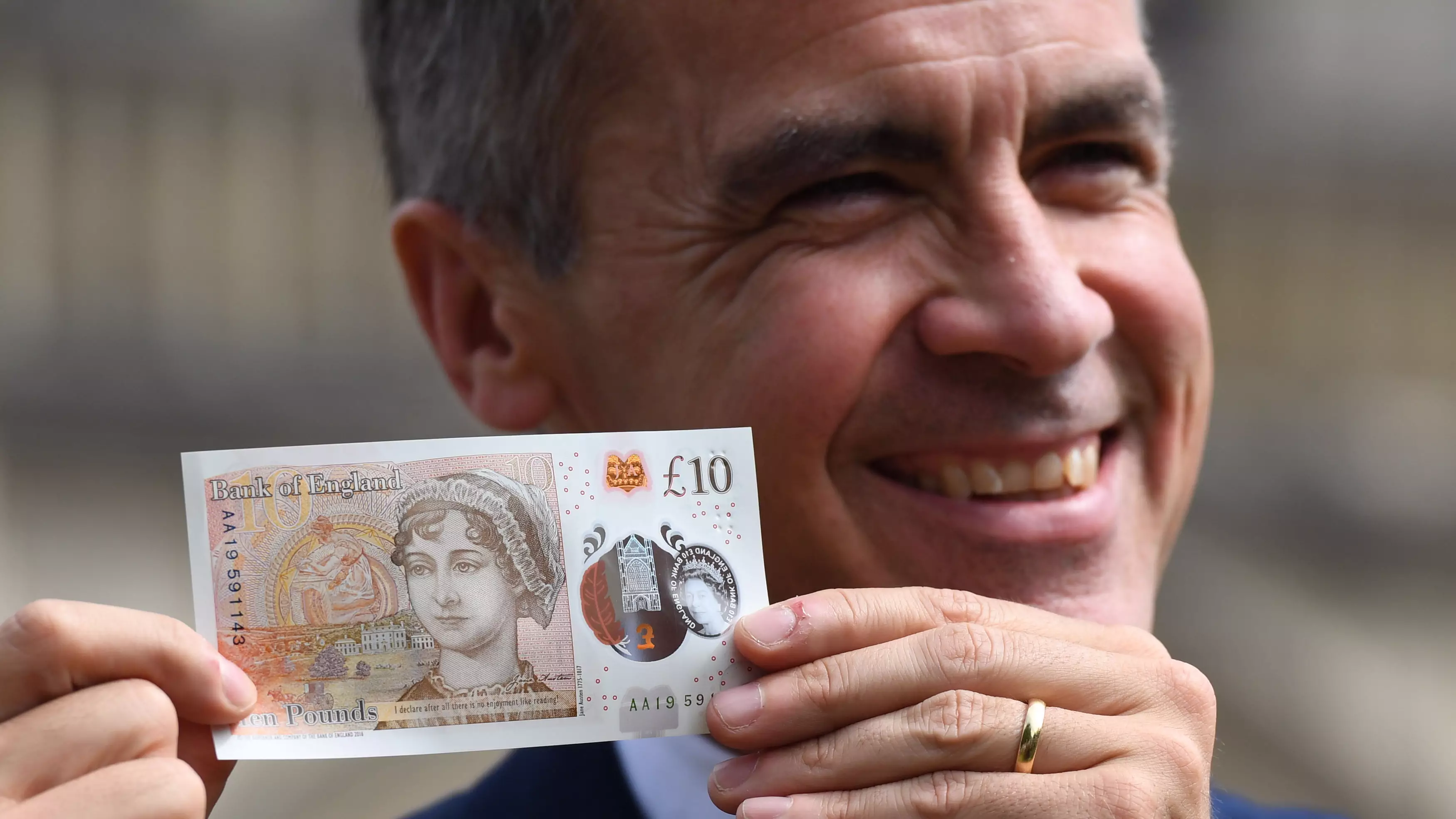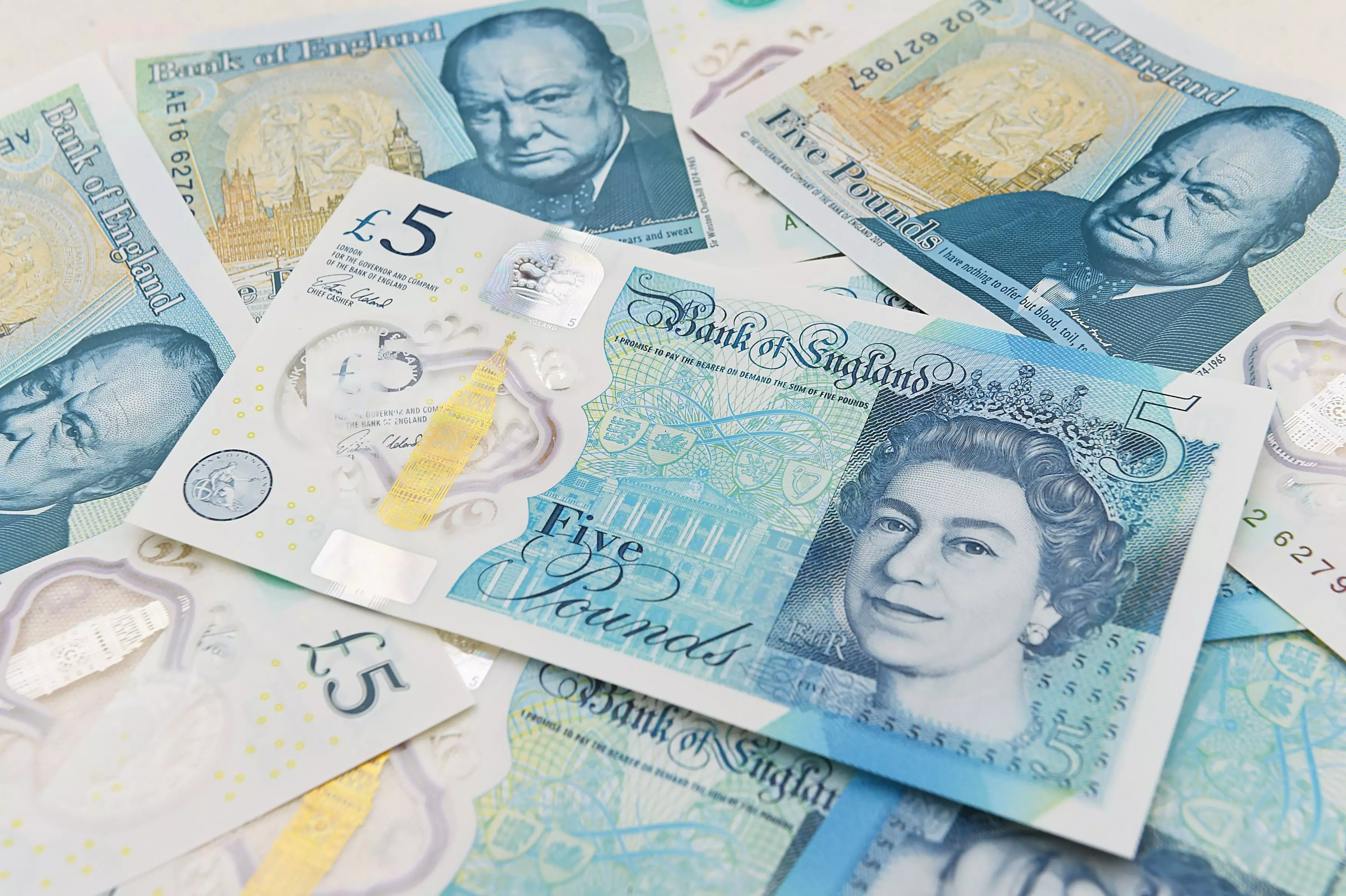
It's bad news for vegans as the Bank of England has rejected calls to remove tallow - a rendered form of animal fat - from its new polymer notes.
The polymer notes contain a tiny amount of tallow, which is commonly found in soap and candles, due to the production process.
When this was announced, shortly after the new fivers were introduced, there was an outcry from some vegans and religious groups who weren't happy about the idea of meaty money and suggested palm or coconut oil be used instead.
However, the Bank said today the future production of fivers, new £10 notes and new £20s, which are being launched in 2020, will carry on as it has.
Advert
Some people are still pretty unhappy:
The Bank added that it 'has not taken this decision lightly', the BBC reports.
While investigating the viability of using palm oil, conservation groups spoke out to say that unless sustainably sourced the use of the oil can destroy rainforests and the lives of people living in them.
A publication consultation found that, of the 3,554 people who responded, 88 percent were against using animal products and 48 percent weren't so keen on palm oil.
A spokesperson told the BBC: "The Bank has had to balance these responses against its other public duties and priorities as well as the other evidence gathered over the past months.
"The use of palm oil raises questions about environmental sustainability and the Bank's suppliers have been unable to commit to sourcing the highest level of sustainable palm oil at this time.
"Value for money was also a consideration in the Bank's decision."

Credit: PA
Advert
Switching production methods would have cost around £16.5 million ($21.4m) over the next 10 years, the Bank said.
This additional cost would have been paid for by the tax payer, leading the HM Treasury to recommend that switching to palm oil would not he value for money for tax payers.
The Bank also found that tallow is present in lots of other common plastic items, which have all managed to avoid the focus the new notes were given.
Advert
The report stated: "During our research and discussion with manufacturers and consultants, we were informed that animal-derived additives are used extensively in the many different types of plastics found in a wide range of household goods used on a regular basis, e.g. in cosmetics, plastic carrier bags, household detergent bottles, and car parts.
"They are also used in the production of plastics commonly used in alternative payment mechanisms, eg debit and credit cards and mobile phones. The animal-derived chemical additives are typically from tallow, a by-product mainly from livestock farming."
Featured Image Credit: PATopics: Business, Bank of England, Money, Vegan
